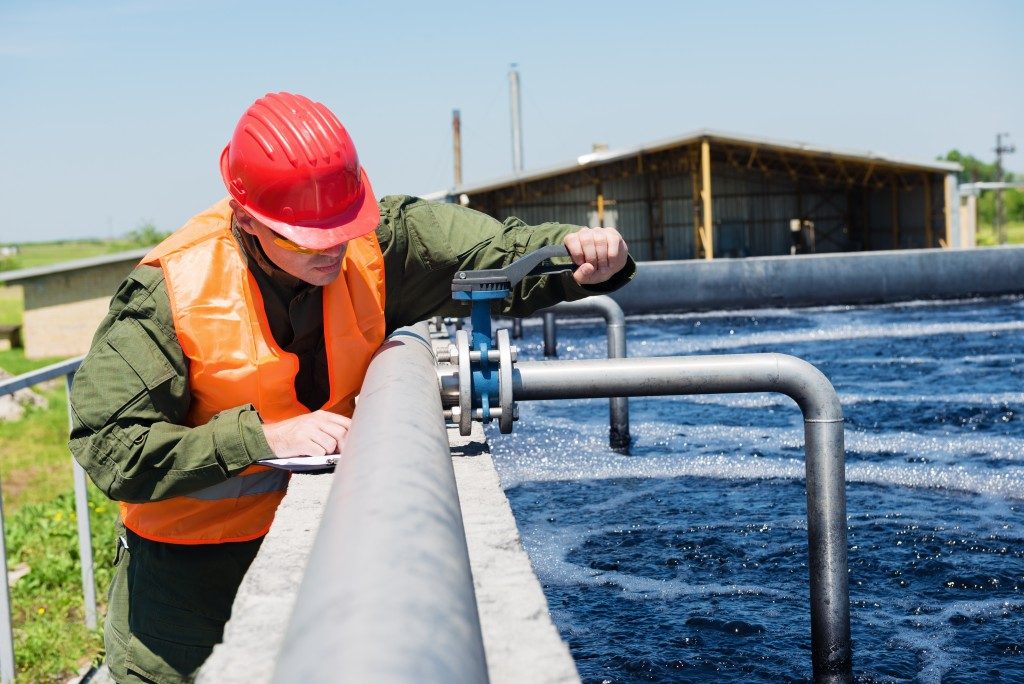Water recycling is becoming a necessity in may areas of the world suffering drought. Some parts of Australia has been experiencing the hottest summers to date, and more people are springing to action. Traditional water systems are already facing high stresses due to increasing demand as populations grow. The need to find ways to conserve available water resources is imminent. Does this mean greywater systems should be a requirement in every home?
Not potable but reusable
Household water usage require both potable and non-potable water. Greywater is not potable, but it is already used as a secondary use of house water in many residential communities around the world. Water from laundry, showers, and sinks comprise the portion of sanitary sewage that may be reused for various purposes. The water does not come from sewage and is thought to be safe for reuse, unlike blackwater, which comes from urinals and toilets.
Serious caution
It is an important concern that greywater harbours harmful microorganisms, and therefore instrumental to spreading disease. As such some jurisdictions prohibit the use of this water since it may contain traces of household cleaning products and other chemicals. Typically, the water contains traces of organic matter such as human and animal hair, oil and grease, food particles, and dirt. It may look dirty, but it is useful.
Households can utilise untreated greywater immediately mostly for outdoor irrigation and for slashing toilets. In the meantime, treated greywater is stored for later use after undergoing purification. This water is suitable for washing and laundry. Typically, greywater in the sewer system finds its way to bodies of water where it could bring in pollutants.
Recycling facilities

If there is an alternative way to remove greywater from the septic system, fewer pollutants can end up in rivers and lakes. These days, instead of surrendering water that is still reusable to sewage, it is possible to recycle the liquid and use it for household chores. Municipalities that utilise the water invest in a facility that can handle the fluid properly so that it does not impose a serious health hazard to the community. The facility requires complex filtration and treatment systems. It requires regular maintenance. Authorities have the power to close down a facility that does not comply with standards and regulations. For future developments, it is necessary to strengthen policy, improve purification and treatment procedures, and integrate recycling systems with other water conservation methods in place.
Household applications
It is possible to utilise greywater produced by households and pipe it outdoors for watering, irrigation, and other cases. You’d need to invest in an installation. While that requires expense, consider the long-term benefits in terms of water savings. Consider as well that proper filtering and purification methods are in place before you irrigate your vegetable garden.
The technology to recycle household water is available, and it is touted by conservation advocates as safe and friendly to the environment. Nevertheless, you must weigh the risks and benefits. Ensure that the water you reuse does not pose a serious health risk.